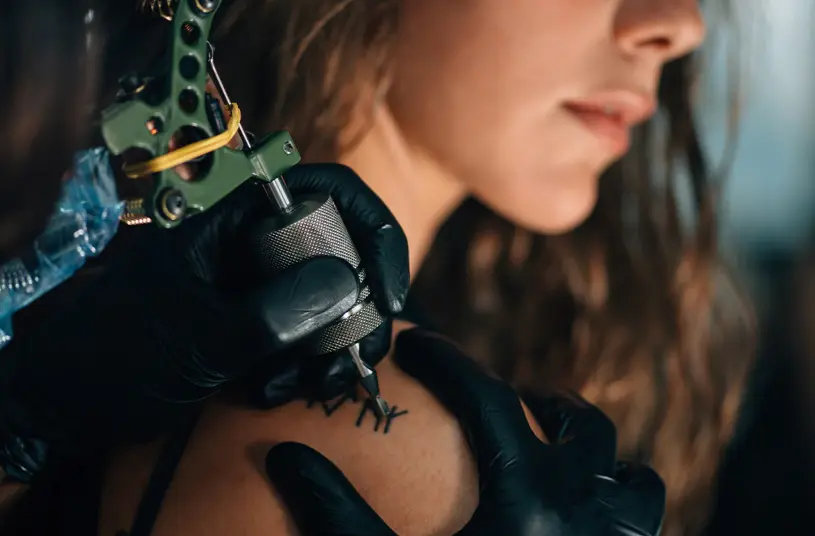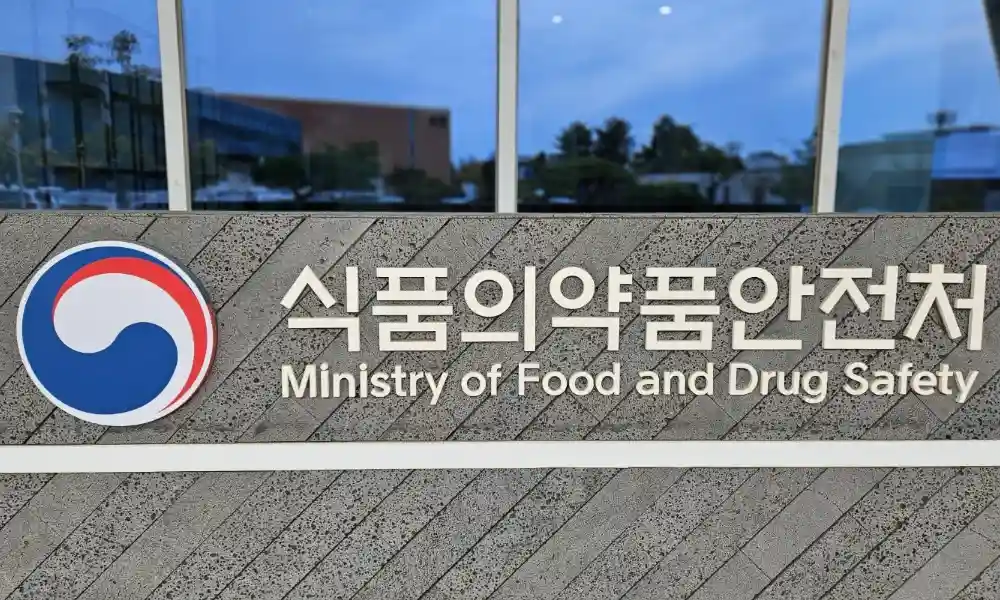Starting June 14, 2025, tattoo inks in South Korea will be regulated as hygiene products under the MFDS. With stricter safety inspections, mandatory reporting, and new hygiene standards, brands like KININK are redefining ink quality by exceeding both domestic and international benchmarks.
KinInk.co.kr
In 2025, South Korea’s tattoo industry will undergo a major regulatory shift. Starting June 14, tattoo inks will officially fall under the jurisdiction of the Ministry of Food and Drug Safety (MFDS), moving away from the Ministry of Environment. This change strengthens hygiene standards, introduces stricter inspections, and paves the way for safer tattoo practices. As the landscape evolves, premium ink brand KININK is emerging as a trusted leader in clean, safe tattoo products.
Table of Contents

The Rise of Tattoo Culture and the Growing Concern for Safety
Tattoos have evolved from subculture to mainstream in South Korea, becoming a popular form of self-expression. However, alongside this trend comes a growing awareness of ink safety, particularly concerning hygiene, heavy metals, and microbial contamination. As demand increases, so does the responsibility to ensure consumer protection.
What Will Change in 2025?
1. Regulatory Authority Transfer
- Before: Ministry of Environment
- After: Ministry of Food and Drug Safety (MFDS)
- Legal Basis: Amendment to the Hygiene Products Control Act
- Effective Date: June 14, 2025
2. Tattoo Ink Now Classified as Hygiene Product
Tattoo ink will be officially listed as Hygiene Product Category 17, requiring manufacturers and importers to report their products, undergo inspection, and maintain compliance with safety standards.
3. Strengthened Hygiene Education
All tattoo ink distributors must complete annual hygiene training from approved institutions. Non-compliance may result in administrative actions, including product recalls.
4. Electronic Clearance System Introduction
To improve transparency and speed, Electronic Screening 24 will handle all import registrations and documentation.
Summary of Key Safety Regulations (Effective 2025)
| Regulation Area | Details |
|---|---|
| Business Registration | All importers and manufacturers must register with local MFDS offices. |
| Precision Testing | Mandatory for all imported inks (valid for 3 years). |
| Self-Quality Testing | Required every 6 months for domestic producers. |
| Expanded Inspection Items | Includes heavy metals (lead, mercury, cadmium), azo dyes, phthalates, nitrosamines, bacteria, fungi, and sterility tests. |
| Mandatory Hygiene Education | 4 hours of basic + 3 hours annually for business operators. |
Important Notes for Importers
- All imports must be filed via KS-PASS, Korea’s unified customs portal.
- Tattoo inks must be stored in bonded warehouses until precision testing is complete.
- Penalties for illegal distribution:
- 1st Violation: 2-month suspension
- 2nd Violation: 4-month suspension
- 3rd Violation: Business closure
Designated Testing Laboratories
According to Daegu Regional Office announcements, KATRI (Korea Apparel Testing & Research Institute) is designated for sterility and harmful substance testing (Ochang and Anyang branches).
Recent Safety Issues Raise Alarm
Toxic Substances Detected
A 2024 investigation by the Korea Consumer Agency revealed that 20 out of 24 tattoo inks sold in the market contained banned substances like nickel, lead, and arsenic. Some products also exceeded EU-prescribed limits for preservatives like BIT, MIT, and phenoxyethanol, leading to product recalls and regulatory warnings.
Consumer Anxiety on the Rise
Reports of carcinogenic ingredients in eyebrow and scalp tattoo inks have sparked concern among consumers. In response, MFDS has hosted public policy briefings and reinforced its stance on creating a stronger safety net.
Korea vs. International Standards
The EU regulates over 4,000 substances, while Korea currently restricts just 82 (72 banned + 10 with limits). Industry experts are calling for expanded regulatory lists to align with global standards.
Updated Substance Control (As of 2025)
- Total Monitored Substances: 82
- Test Items Include:
- Heavy Metals: Copper, cobalt, nickel, lead, arsenic
- Microbial: E. coli, fungi, sterility
- Toxic Compounds: Formaldehyde, nitrosamines, azo dyes
Products failing to meet these standards will be banned from sale and subject to recall and business penalties.
KININK’s Commitment to Safety and Excellence

As the industry braces for change, KININK is positioning itself not just as a manufacturer, but as a leader in premium tattoo ink innovation:
- Produced in cosmetic-grade sterile facilities
- Vegan-compliant ingredients and strict raw material control
- Zero-detection of microbes and heavy metals
- Pre-aligned with EU REACH and U.S. FDA regulations
“Tattooing is not just art on the skin—it’s a responsibility grounded in hygiene and safety.”
— KININK
Shaping a Cleaner Future for Tattoo Culture
KININK isn’t just making ink. The brand is shaping an industry that prioritizes both artistic freedom and consumer protection. As Korea enters this new era, the company is setting a new bar for trust, safety, and quality.
2025 marks a turning point for Korean tattoo culture. Stricter laws indicate a maturing market, and KININK is committed to leading this change with the highest global standards.
Sources
- MFDS Public Announcements
- KATRI Testing Lab Notices
- Hygiene Product Control Act (Amendment 2023.6.13)
- KS-PASS Customs System Guide



